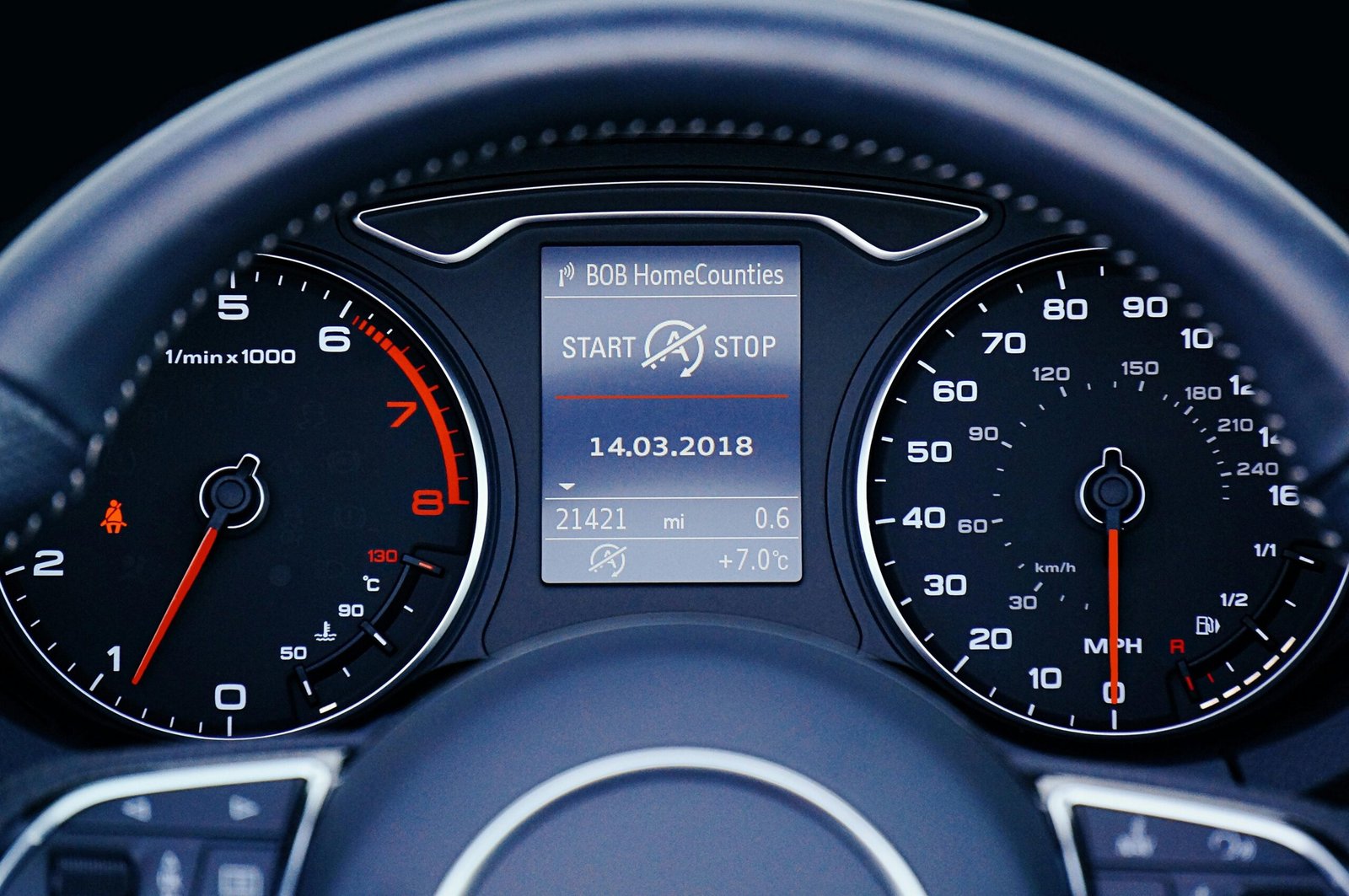Introduction to Car Warranties
Understanding the Basics:
Car warranties are essential agreements that offer protection against certain types of mechanical breakdowns and repairs. They typically cover the cost of parts and labor for specific repairs over a set period. This introductory section should explain the concept of a car warranty, emphasizing its role as a safeguard against unforeseen repair costs. Highlight how warranties can vary in terms of coverage, duration, and conditions, offering examples to illustrate these differences.
The Importance of Car Warranties:
The importance of car warranties lies in their ability to provide financial security and peace of mind to vehicle owners. They can significantly reduce the financial burden of unexpected repair costs, which can be particularly beneficial for those who rely heavily on their vehicle for daily activities. This section should discuss the benefits of having a car warranty, including the potential for increased resale value and the assurance of quality repairs using original manufacturer parts.
Types of Car Warranties
Manufacturer’s Warranty:
A manufacturer’s warranty is typically offered with new vehicles and covers defects in materials and workmanship. These warranties are generally limited by time or mileage, whichever comes first. This part should describe what a standard manufacturer’s warranty covers, noting common exclusions like regular wear and tear or maintenance services. Also, discuss the duration of these warranties, which can vary significantly among manufacturers.
Extended Warranties:
Extended warranties kick in after the expiration of the manufacturer’s warranty, offering continued coverage for certain parts and repairs. They can often be customized to the owner’s needs, covering additional components that might not be included in the standard warranty. This section should explain the types of extended warranties available, their benefits, and potential drawbacks, such as additional costs or coverage limitations.
Third-Party Warranties:
Third-party warranties are offered by companies not affiliated with the vehicle manufacturer. They often provide more flexible coverage options and can be more affordable than extended warranties offered by manufacturers. Here, discuss the range of coverage options available through third-party providers, including the potential benefits and considerations, such as the reputation and reliability of the warranty provider.
Getting a Car Warranty Quote
Preparing for a Quote:
To obtain an accurate car warranty quote, vehicle owners need to provide specific information about their vehicle, including make, model, age, mileage, and overall condition. This section should guide the reader on preparing for a warranty quote, emphasizing the importance of having all necessary documentation and service records on hand for the most accurate quote.
Where to Get Car Warranty Quotes:
Car warranty quotes can be obtained from various sources, including car dealerships, online warranty providers, and independent insurance companies. This part should offer insights into the pros and cons of each source, advising readers on how to compare quotes and services to find the best deal for their specific needs.
What to Expect in a Quote:
A car warranty quote typically includes details about the coverage offered, the duration of the warranty, and the cost. This section should break down the elements of a typical quote, helping readers understand how to interpret the terms and identify key factors like deductibles, coverage limits, and exclusions.
Comparing Car Warranty Quotes
Key Factors to Consider:
When comparing car warranty quotes, it’s essential to look beyond the price. Consider factors like the extent of coverage, reliability of the provider, customer service reputation, and ease of the claims process. This section should advise readers on how to weigh these factors against each other to make an informed decision.
Reading the Fine Print:
Understanding the fine print in a car warranty contract is crucial. This part of the blog should emphasize the importance of being aware of exclusions, limitations, and conditions that might affect the usefulness of the warranty. Advise readers to take the time to read and understand the contract thoroughly before committing.
Cost vs. Coverage Analysis:
Analyzing the cost-effectiveness of a car warranty involves balancing the cost of the warranty against the coverage it provides. This section should guide readers on how to evaluate different quotes, considering factors like the likelihood of needing repairs, the average cost of repairs for their vehicle, and the overall value of the warranty.
Conclusion
Navigating the world of car warranties can be complex, yet it’s a crucial step in safeguarding your automotive investment. When seeking car warranty quotes, it’s essential to arm yourself with knowledge and understand the different types of warranties available. Remember, the cheapest quote isn’t always the best; reliability, coverage, and the reputation of the provider are key factors to consider. In your journey to find the perfect car warranty, weigh the costs against the potential benefits.




